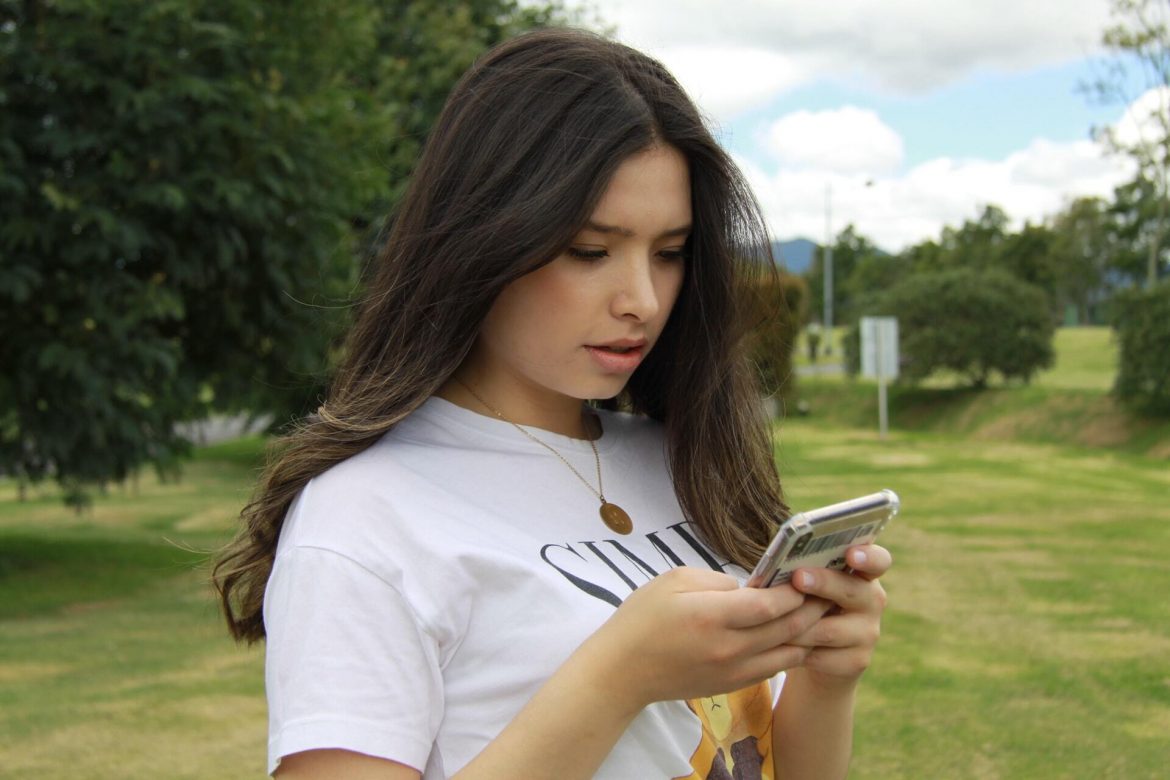Internet challenges have been going viral for a few years now. Some of them are entertaining, some of them are funny, and some for a good cause. However, there is a dark side to it because some of the challenges can be dangerous and even lethal.
In 2014 the Ice Bucket Challenge raised millions of dollars for ALS research. The chubby Bunny Challenge was very funny and gave us a good laugh, while the InMyFeelings dance challenge kept us entertained. On the other hand, the Benadryl challenge was about people taking a big dosage of meds in order to hallucinate, and the Coronavirus challenge encouraged people to lick surfaces in public. And then we have the Blackout challenge which leads to even death.
As a matter of fact, a 12-year-old boy in Colorado died this month after taking part in a challenge in TikTok, in which people choke themselves until they become unconscious. The name of the boy is Joshua Haileyesus and he was described as “intelligent, funny, caring and gifted” on the GoFundMe page that was set up for his family. The same challenge killed a 10-year-old girl in Italy this year.
As it has been reported, social media challenges are especially attractive to younger audiences, since they are the ones looking for peers to mimic in order to feel cooler, funnier, and even accepted by their cycles. Also, they haven’t developed their risk sensors just yet, compared to adults, therefore they do not realize the dangers hidden behind a challenge that is portrayed to be for fun.
As Mitchell Prinstein, chief science officer at the American Psychological Association and author of “Popular: Finding Happiness and Success in a World That Cares Too Much About the Wrong Kinds of Relationships” says “Kids are biologically built to become much more susceptible to peers in adolescence, and social media has magnified those peer influence processes to be much, much more dangerous than they were before.”
A study has shown that it is more likely for kids to want to mimic peers in accounts that gather the most likes, instead of the ones with few likes, even though the latter might be better for them. They might even engage in smoking and drinking just because people that they admire do so.
So, the conversation shifts to parents. Being open to constant conversation with their children can be used to avoid dangerous and harmful situations. Also, we should always bear in mind that children, having grown up surrounded by technology and social media, might appear to have more knowledge than adults in such matters. So all we need to do is to create a safe environment of trust, in which children can confide what they find online; troubling or not.
Words by Vasiliki Roussou




